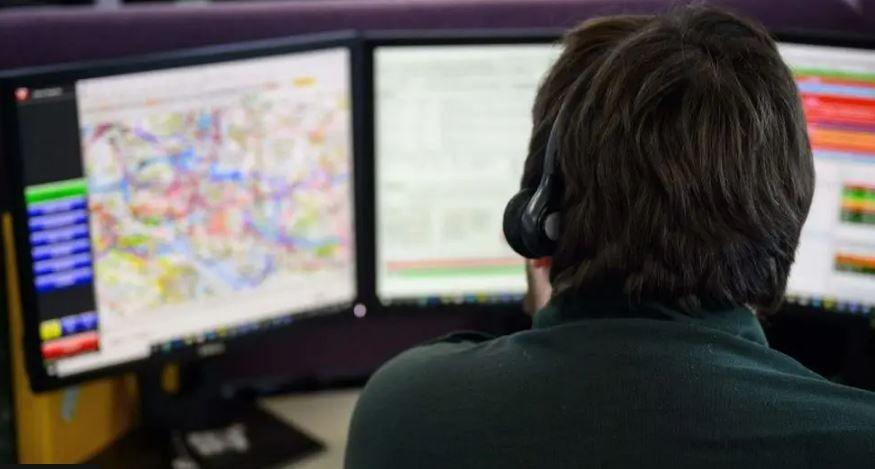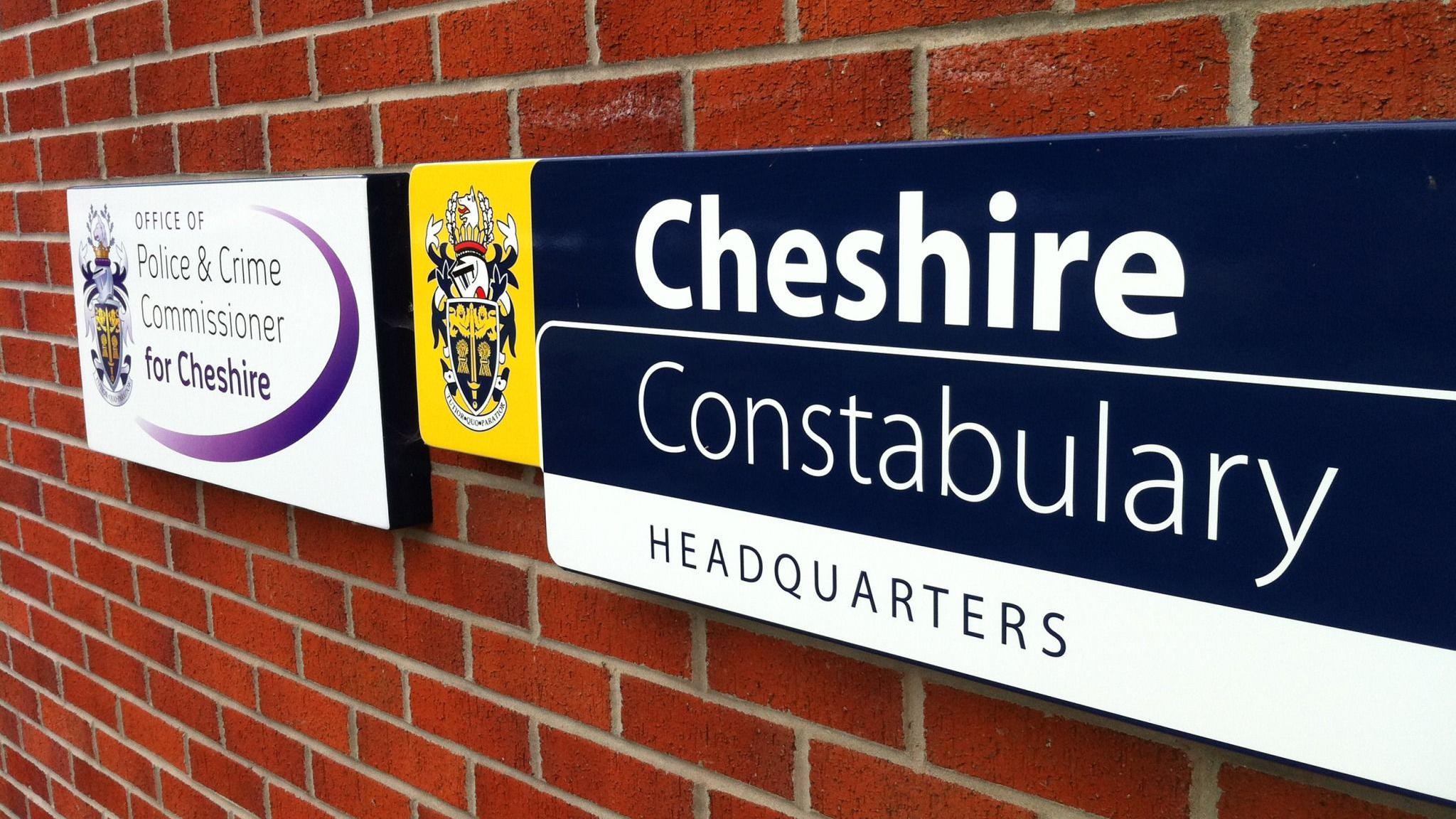Police force to trial AI 'agents' on 101 service

The AI agent is being used for the force's 101 service, freeing up call handlers to concentrate on dealing with 999 emergency calls
- Published
Call-handling agents powered by AI are to be trialled by Staffordshire Police in a bid to cut waiting times for the non-emergency 101 service.
The force is set to become the third in the country to take part in the scheme testing the use of artificial "agents" to deal with calls.
Under the system, the AI agent would deal with simple queries like requests for information without the need for human involvement, freeing up call handlers and reducing answering times.
Staffordshire Police has previously had lengthy waits on its non-emergency 101 service, although answering times and abandonment rates have both improved over the last 12 months.
Staffordshire commissioner Ben Adams questioned senior officers about the use of technology to further improve contact centre performance during a police public peformance meeting.
Acting Chief Constable Becky Riggs confirmed the force would be looking to launch the AI pilot early in the new year.
'Very positive reports'
"It's a piece of technology called Agentforce. It will help with our response to the public, which historically we know we haven't done well."
The senior officer said that sometimes people are not calling to report a crime, but want more information, which the technology could help with.
However, if the system detects keywords suggesting vulnerability or risk or emergency, then it will be able to divert the call to a human being.
"Thames Valley have gone live with that pilot and they are reporting very positively in relation to that."
Assistant chief officer for resources John Bloomer stressed AI would only be used for non-emergency contacts, and in future the system could point people to other agencies if it was a non-policing matter.
Staffordshire Police currently takes an average of 3.3 minutes to answer 101 calls, down 53% on the 7.1 minute average in the previous 12 months.
'Significant intelligence'
The abandonment rate for non-emergency calls has also fallen from 29.2% to 18.7 %.
After triage, callers who need to speak to a specialist operator face a median wait of 8.75 minutes.
But Mr Adams raised concerns that around eight per cent of callers are left waiting for over an hour.
Ms Riggs said the force was calling back members of the public who had experienced lengthy 101 waits, to apologise and discuss their reason for calling.
"We have reaped the benefits of significant intelligence as a result of those call backs.
"I think we've surprised people and increased their confidence by taking that kind of approach."
This news was gathered by the Local Democracy Reporting Service which covers councils and other public service organisations.
Get in touch
Tell us which stories we should cover in Staffordshire
Follow BBC Stoke & Staffordshire on BBC Sounds, Facebook, external, X, external and Instagram, external.
Related topics
- Published14 May
